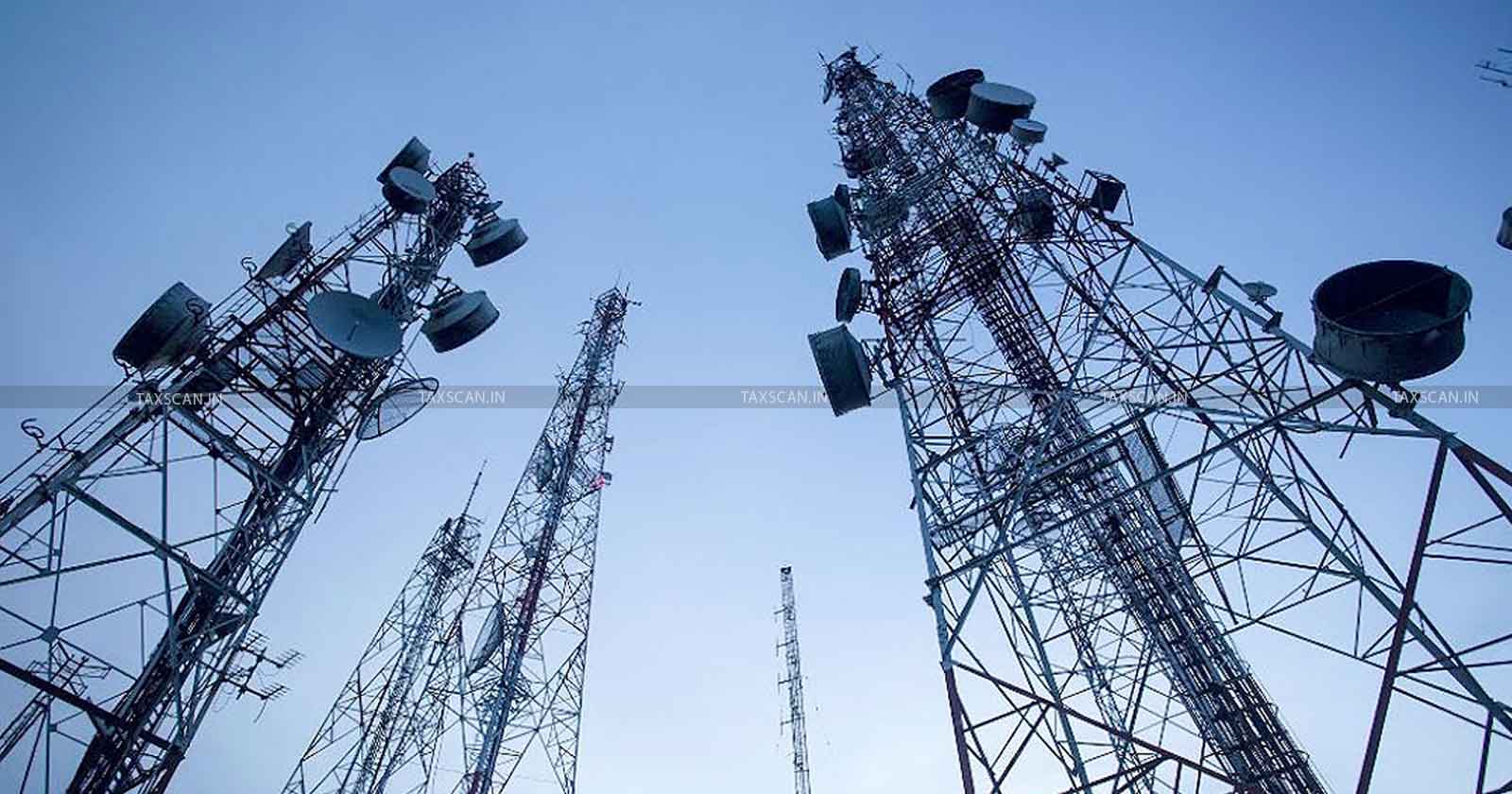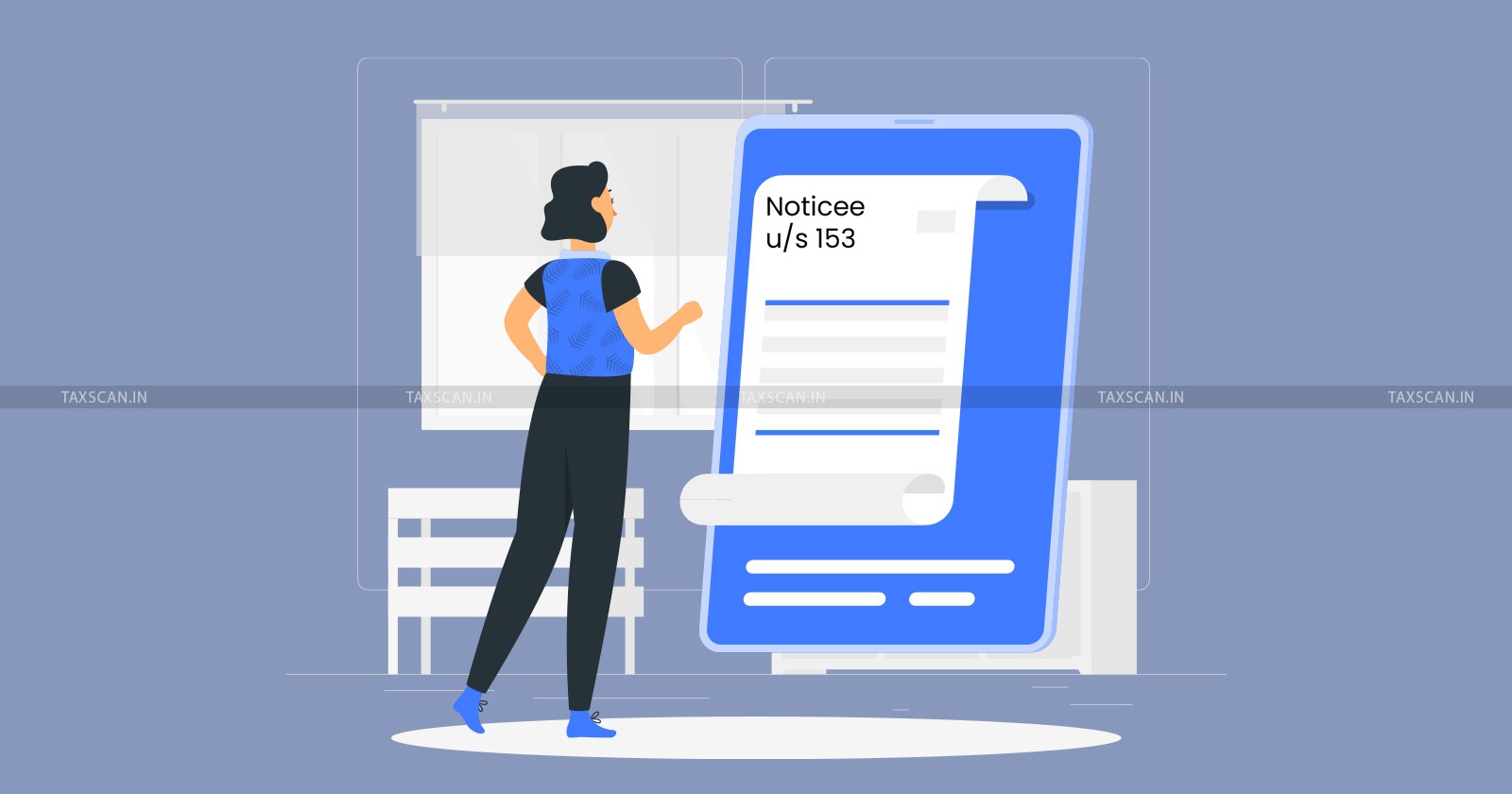Is DRP Procedure Bound by Time Limitation u/s.153? Split Verdict Leads Supreme Court Division Bench to Urge CJI to Form Specific Bench [Read Judgement]
The divergent opinions passed by both Judges of the Division Bench prompted them to refer the matter to the CJI to constitute a specialized Bench to hear the matter.
![Is DRP Procedure Bound by Time Limitation u/s.153? Split Verdict Leads Supreme Court Division Bench to Urge CJI to Form Specific Bench [Read Judgement] Is DRP Procedure Bound by Time Limitation u/s.153? Split Verdict Leads Supreme Court Division Bench to Urge CJI to Form Specific Bench [Read Judgement]](https://images.taxscan.in/h-upload/2025/08/11/2075691-supreme-court-taxscan.webp)
The Supreme Court of India recently delivered a split verdict on whether the Dispute Resolution Panel (DRP) process under Section 144C of the Income Tax Act, 1961 must be completed within the statutory timelines prescribed under Section 153, or whether the timelines set by the DRP have the liberty to operate independent of the statutory prescriptions laid down by the Income Tax Act.
The order was given by the Apex Court while adjudicating a Civil Appeal filed by the Assistant Commissioner of Income Tax (International Taxation) and Others against Shelf Drilling Ron Tappmeyer Ltd., a non-resident group of companies engaged in the business of shallow water drilling for clients engaged in the oil and gas industry.
Get a Copy of Direct Taxes Law and Practices Including Tax Planning with Free E-Book Access, Click Here
 Also Read:Supreme Court upholds GST ITC Availability on Mobile Telecom Towers, dismisses Revenue SLP [Read Order]
Also Read:Supreme Court upholds GST ITC Availability on Mobile Telecom Towers, dismisses Revenue SLP [Read Order]
The subject-matter dispute pertains to Assessment Year 2014–15, when the respondent declared a loss of ₹120.18 crore under Section 44BB in their Return of Income filed on
29.11.2014.
Following scrutiny, the Assessing Officer issued a draft assessment order in December 2016 recomputing the income at ₹4.35 crore. After DRP proceedings, the final order was passed in October 2017.
On appeal, the Income Tax Appellate Tribunal remanded the matter in October 2019 with directions to complete reassessment by March 2021, which was later extended to September 2021 due to the COVID-19 pandemic. Thereafter, an assessment order came to be passed in remand on 28.09.2021, which was clarified on 29.09.2021 to be a draft assessment order.
The respondent challenged this as being beyond the permissible time limit under Section 153(3), read with the provisions of the Taxation and other laws (Relaxation and Amendment of Certain Provisions) Act, 2020 (TOLA) and the Notification issued thereunder.
Want a deeper insight into the Income Tax Bill, 2025? Click here
The present matter was argued before a Division Bench of Justice B.V. Nagarathna and Justice Satish Chandra Sharma.
Justice Nagarathna held that the the existent legislative structure provides a single unified timeline, with all steps, right from the draft order under Section 144C(1), to the DRP’s consideration and directions, to the final assessment order under Section 144C(13) all cumulatively resulting in the overall time limit prescribed in Section 153(3) of the Act.
Justice Nagarathna observed that the Parliament has consistently reduced assessment timelines to ensure speedy completion and certainty, and that allowing the DRP process to operate outside Section 153 would defeat that objective.
In contrast, Justice Satish Chandra Sharma held that Section 144C provides a distinct procedure for “eligible assessees,” such as foreign companies and transfer pricing cases, and that the timelines for the DRP’s consideration and final assessment order are separate from the limitation period in Section 153.
Justice Sharma referred to the decision of the Madras High Court in the case of Commissioner ofIncome Tax vs. Roca Bathroom Products Pvt. Ltd. (2022) where it was held that the time period under Section 153(4) of the Act, which provided an additional 12 months to complete assessment and pass final order was applicable where a reference has been made to the Transfer Pricing Officer (TPO) in terms of Section 92CA of the Income Tax Act.
How to Audit Public Charitable Trusts under the Income Tax Act Click Here
 Also Read:Kerala HC Upholds validity of SCN Served on Adult Member of Noticee u/s 153 of Customs Act [Read Order]
Also Read:Kerala HC Upholds validity of SCN Served on Adult Member of Noticee u/s 153 of Customs Act [Read Order]
He reasoned that the non-obstante clauses in Section 144C(4) and 144C(13) override Section 153, allowing the Revenue the benefit of the DRP’s prescribed periods in addition to the initial limitation period for issuing the draft order.
In light of the divergence in interpretation displayed by both Judges, the Division Bench directed the Registry to place the matter before the Chief Justice of India for constitution of a larger bench to authoritatively settle the question.
Additional Solicitor General N. Venkataraman appeared for the Revenue while senior counsel J.D. Mistry appeared for Shelf Drilling Ron Tappmeyer Ltd.
Support our journalism by subscribing to Taxscanpremium. Follow us on Telegram for quick updates


